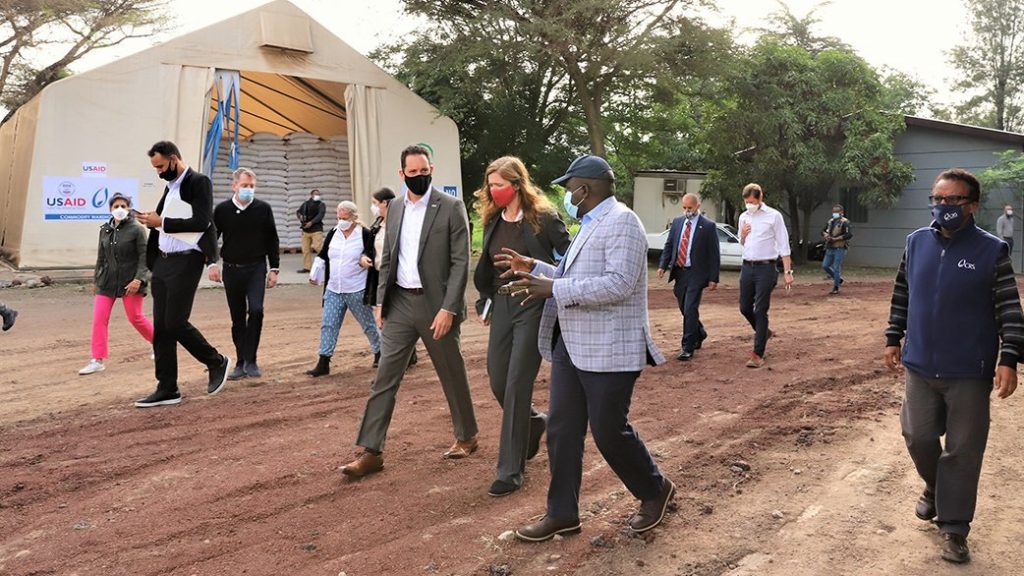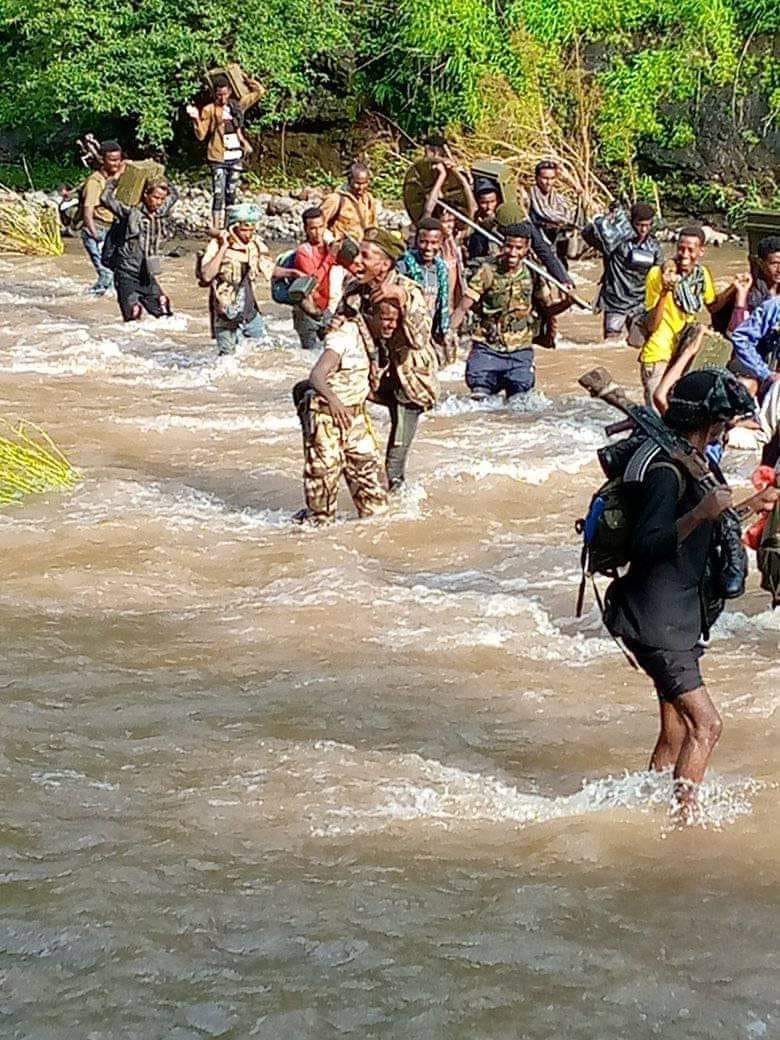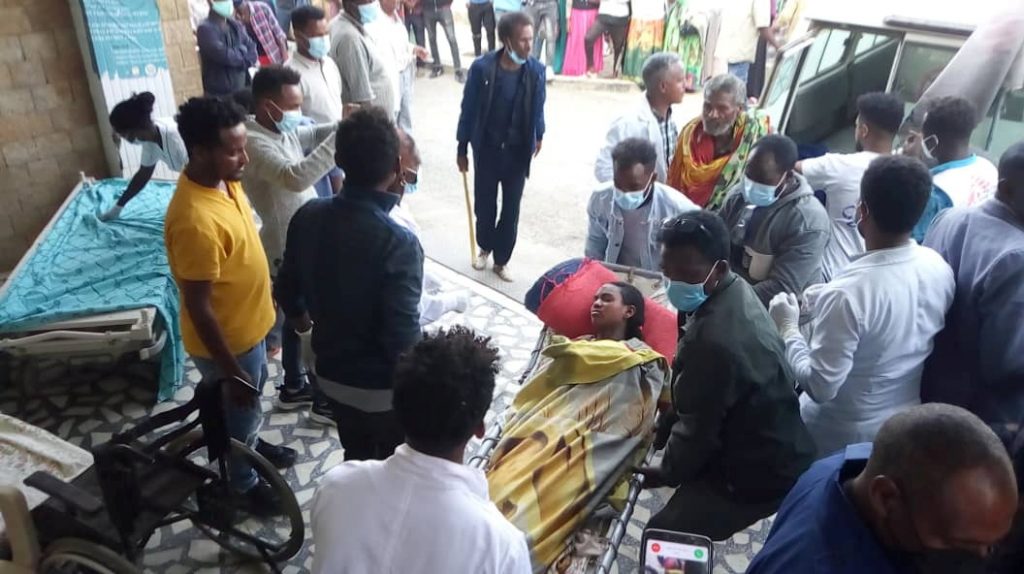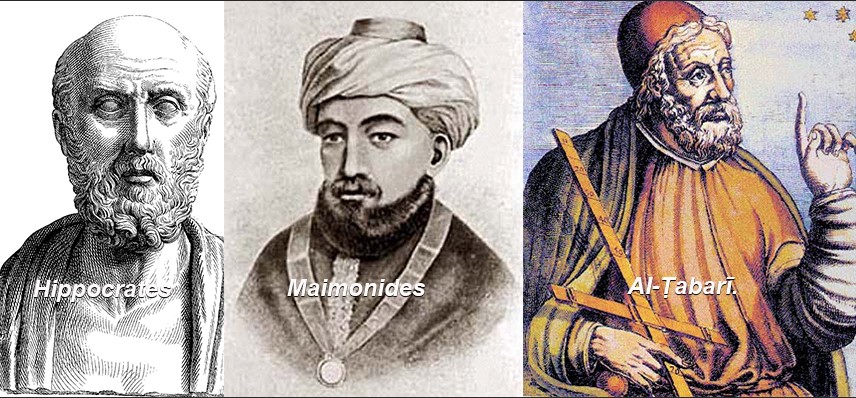Failure to timely resolve the Tigray Ethiopian conflict will kill the hope of Ethiopia emerging into a middle income country. The resurgence of the Tigray Defense Force and the refusal of the Ethiopian government to negotiate with Tigray’s leaders predicts a prolonged conflict triggering decline into a state of increasing poverty and dependency .
Most of the members of the United Nations clearly see that there is humanitarian crisis in the Tigray region of Ethiopia reminiscent of the previous famines. The clear obstruction of international aid and even communication to the region is perceived as mostly the fault of the Ethiopian government. The presence of the headquarters of the African Union as well the continental headquarters of the United Nations in the Ethiopian capital city of Addis Ababa along with its frequent role as an intermediary in solving African conflicts stands in stark contrast to the “no negotiation” stand of the Ethiopian government.
The Tigray Peoples Liberation Front leaders have stated they wish to negotiate a peace on the following conditions: that restoration of its pre-war condition of semi-autonomy as called for in the Ethiopian constitution. All invading forces of Eritrea, Amhara, and the Ethiopian National Defense Force must leave Tigray. Blockage of power, fuel, food, travel, banking, and communication would be ceased. The 1991 borders of Tigray would remain unchanged. A decision on whether to stay a part of Ethiopia or become independent would be decided by referendum. Those who committed war crimes must be brought to trial.
The increasing isolation of the Ethiopian government from the international community has implications for the welfare of its people and economic growth. The highly touted visit of Samantha Power, recognized genocide expert and now head of the USAID, was basically shunned by the Ethiopian Prime Minister and his ministers. She accused Ethiopia of “brutal treatment of Tigray.. that personal issue were favored over national issues”.

During her brief one day stay she found 58,000 metric tons of international aid stored in a warehouse in Addis Ababa which apparently the Ethiopian government had no plans to distribute.
The United States, Britain, and the European Union have called for withdrawal of Tigray forces from outside its traditional borders present prior to the this conflict as well as withdrawal of Eritrean and Ethiopian forces out of Tigray. Much of what the Western democracies are calling for is similar to the Tigray conditions. All parties must cooperate with the flow of aid to Tigray and the restoration of power and communication.
The reality is that the crisis of Ethiopia is not just in Tigray. At this point the Ethiopian birr is trading at 75 birr per US dollar which is a historic high. Inflation is over 40% for this year alone. Huge multibillion dollar deficits exist between Western countries and China with Ethiopia. The economic output from the country does not meet its import needs of food, fuel, and basic materials for industrial and agricultural development. According to the World Bank Ethiopia remains one of the poorest countries in the world with a real per capital income of only $850 pear year. Although its annual rate of growth has been positive this is a false indicator because the denominator is so low. Before the Tigray conflict 1 in 4 Ethiopians was requiring international food aid to survive. The continuous waves of COVID-19 in a country with minimal hospital resources and vaccination have further impeded its attempt improve the lot of its people.
Rebellion against the Ethiopian government is not just in Tigray. The attempt to consolidate power into a single political party, the Prosperity Party, coinciding with a movement towards a national Ethiopian identity has incited opposition in almost every region. As I previously wrote about this identity is more accepted by the Amhara ethnic group and others who are educated in Addis Ababa. Much of the opposition not just in Tigray is a really a revolt to oppression of the national identity felt by the regional states.
When you combine the effect of ongoing poverty, war, pandemic, and political struggle for identity it is hard to see a bright economic future. In the current global environment of cautious economic growth where the only major gains have come upon a greater reliance of internet transactions it seems likely that Ethiopia will have a difficult time participating. Ethiopia has very poor communications. Only 40% of Ethiopians have a cell phone or any phone and 20% have any connection to the internet. The internet present in Ethiopia is very slow and very expensive.
Millions of people from Tigray, Amhara, Afar, and the Southern regions of Ethiopia are now displaced by ethnic conflict. The locust swarms of the past year caused by an usual wet season added to a severe reduction in harvests that feed the population and sustain farming families who make up 90% of the economic output of Ethiopia. Even before the Tigray Ethiopia conflict the need for food aid was rising.
Prime Minister’s bold claims that Ethiopia will emerge as a superpower rivaling China and the United States by 2060 and the dominant force of Africa in this decade are obvious fantasies. Instead it seems likely that failure to resolve the war will add to the general decline of Ethiopia into a state of stagnation, increasing dependency, and misery. The author hopes the Tigray leaders and the Ethiopian Prime Minister will cooperate with finding a solution for the benefit of all parties.






